
Crude oil classification: Types and key properties
Understand crude oil types, classification, and characteristics, and their impact on refining and market value.

Understand crude oil types, classification, and characteristics, and their impact on refining and market value.
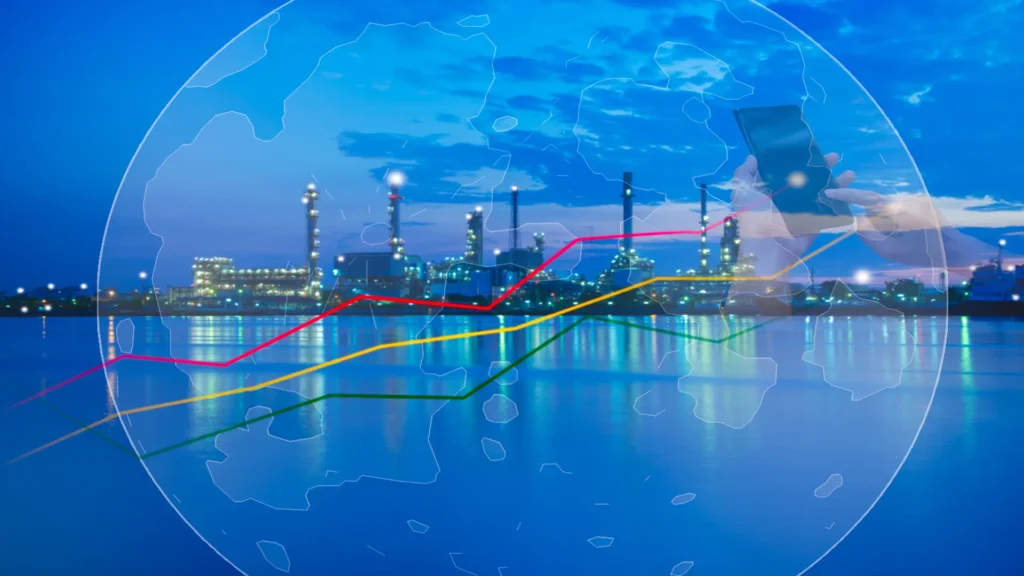
The oil and gas industry must adapt quickly to environmental awareness.

Cybersecurity in Oil & Gas is essential for successful, sustainable and secure operations, crucial for the global economy.
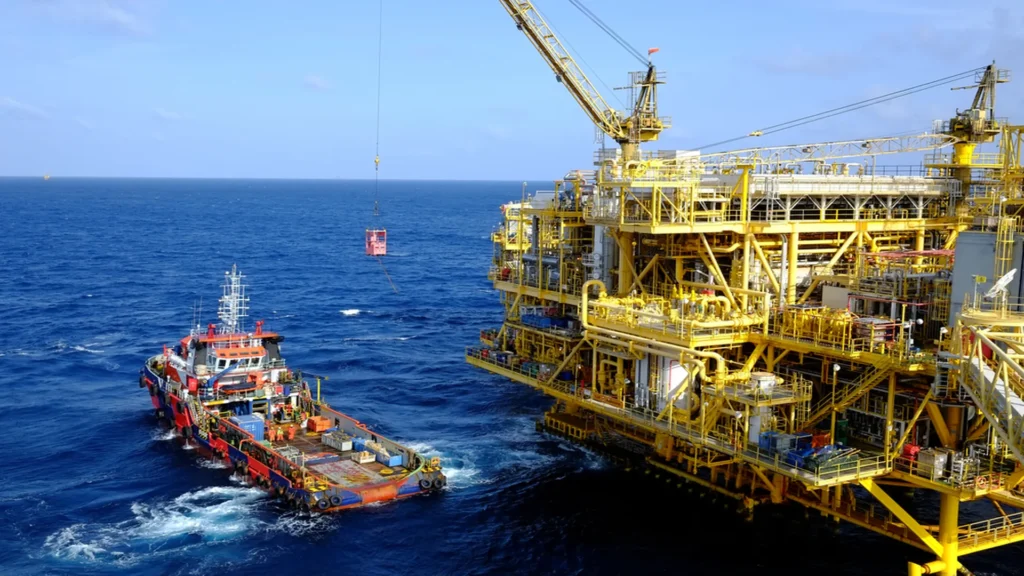
Technological advances applied to underwater exploration in the search and extraction of hydrocarbons.
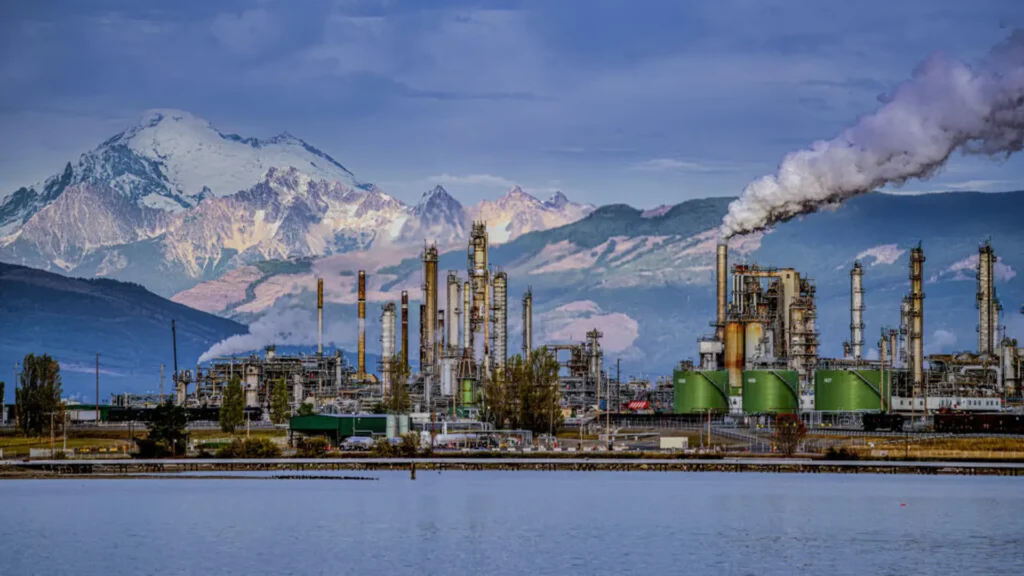
Analyzing strategies for integrating renewable energies in refineries and their impact on emission's reduction.
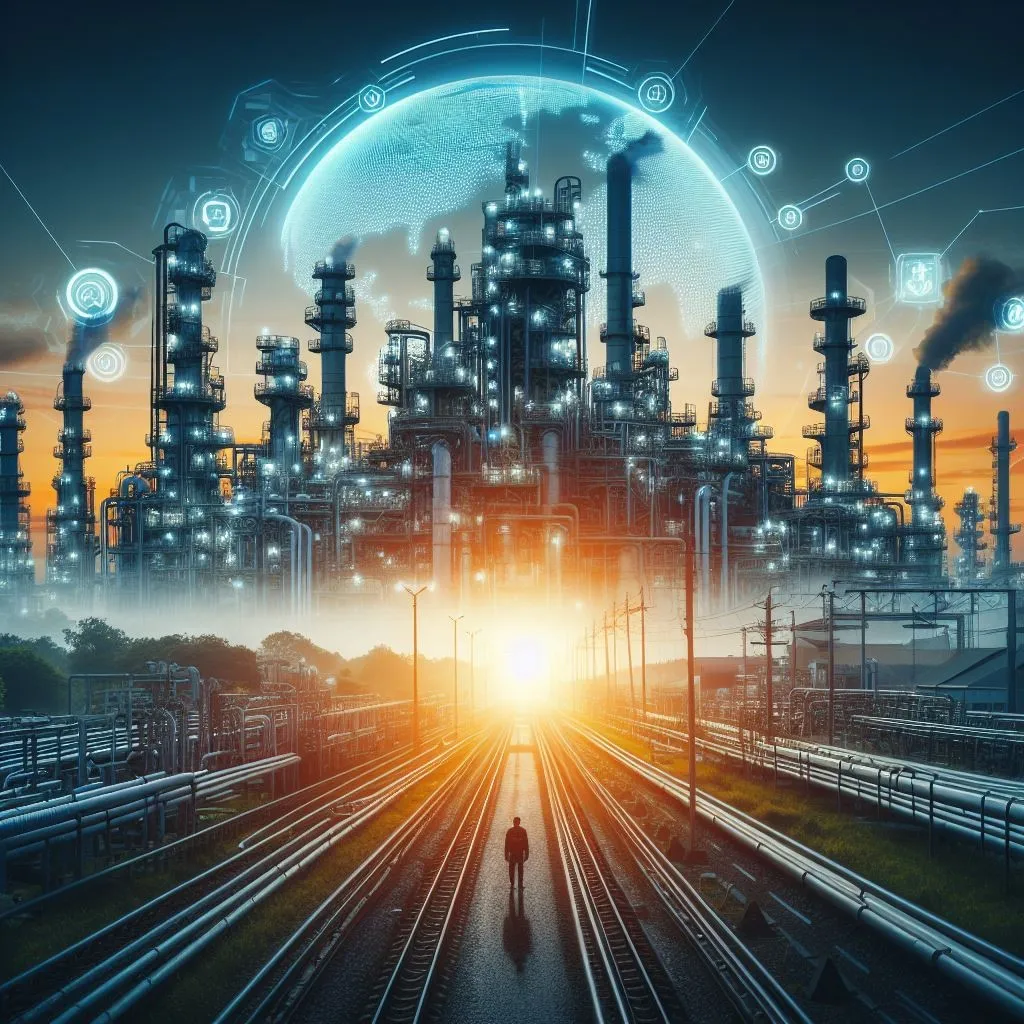
The evolution of gasoline in the U.S. reflects an economic and technological history, from Standard Oil to today's refinery and distribution network.
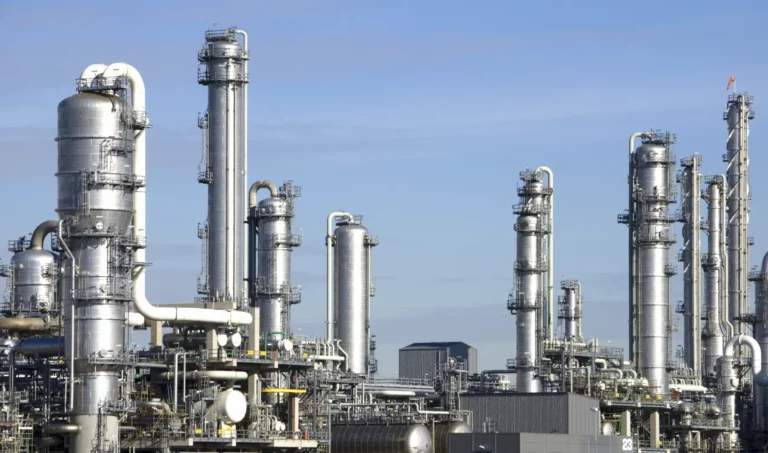
Atmospheric distillation is the most prevalent and dominant unit operation in chemical industries requiring distillation of large volumes of fluids.

Digitalization strengthens operational safety and improves efficiency in the oil industry.
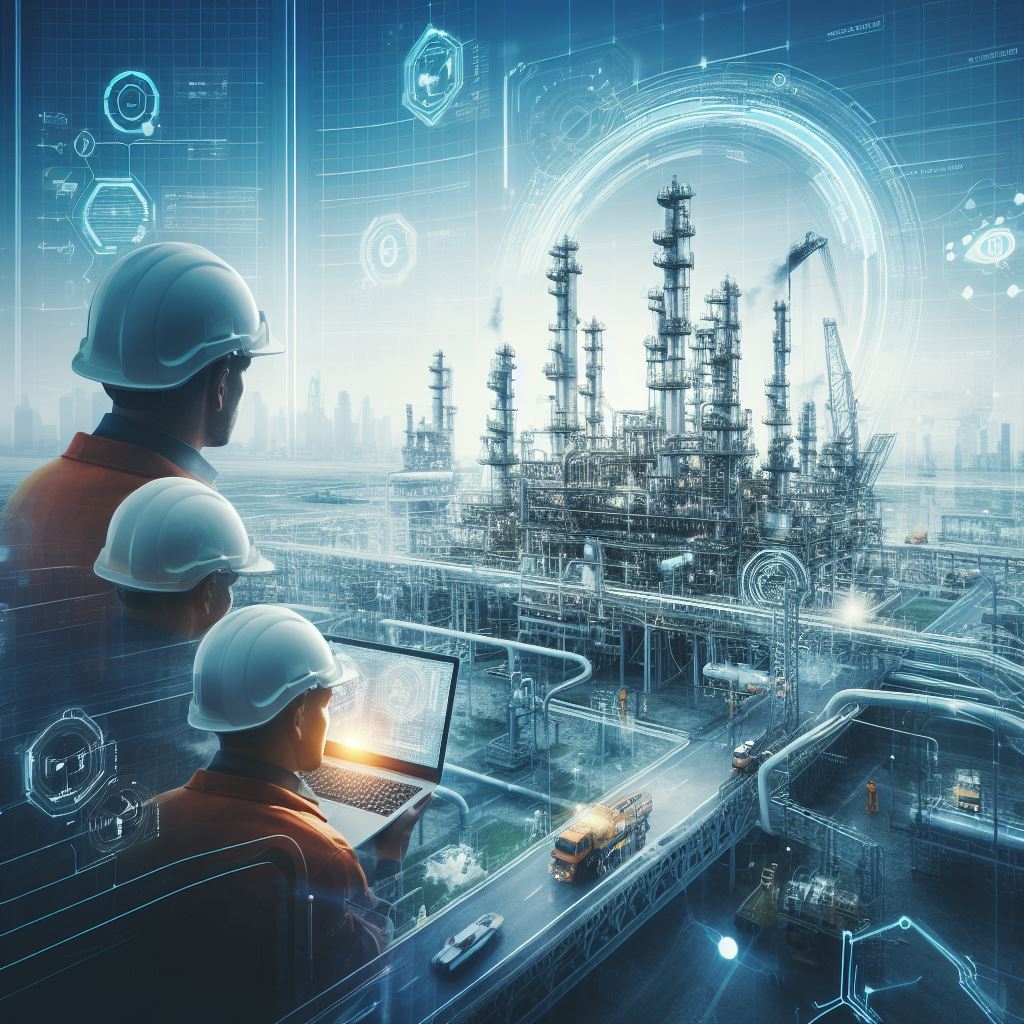
Monitoring and predictive analytics application to anticipate failures and improve the performance of critical industrial assets.

Recent advances that improve the operation of hydroelectric plants through automation, intelligent monitoring and digital systems.
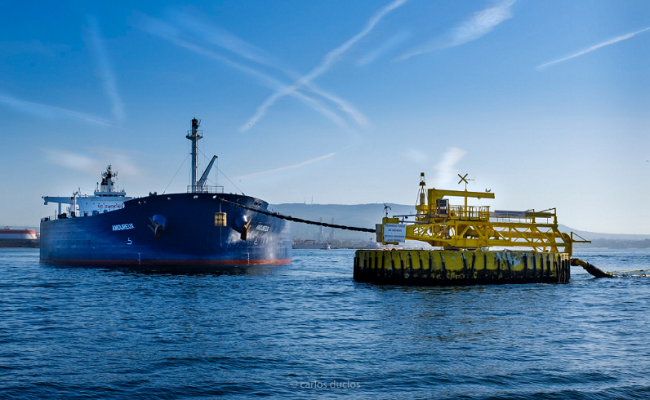
The oil evolution has been driven by technologies such as monobuoys, which are essential for hydrocarbon logistics in offshore environments.

Natural gas performs critical operational functions in petrochemical processes, thermal generation, and the manufacturing of derivative products.